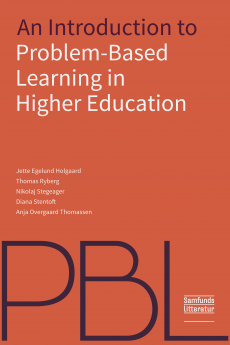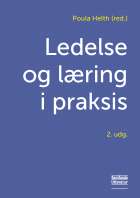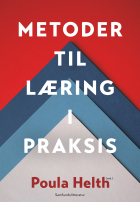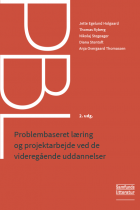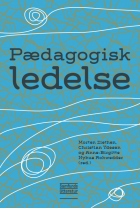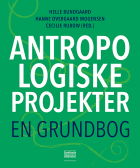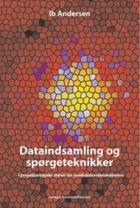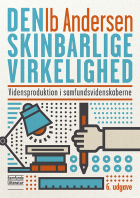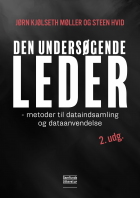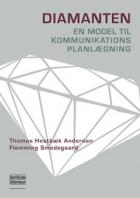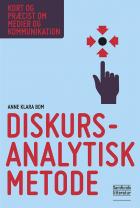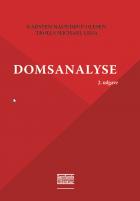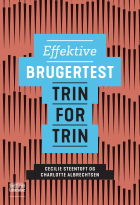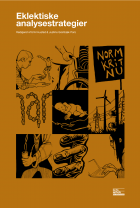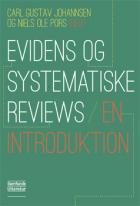Content section
An Introduction to Problem-Based Learning in Higher Education
Buy the book
Aditional information
INTRODUCTION 9
Intentions of the book 9
Structure of the book 12
How to read the book 15
CHAPTER 1 · WHAT IS PROBLEM-BASED LEARNING?
17
Why use PBL in higher education? 17
General principles of problem-based
learning 20
What does PBL mean for you as a
student? 30
Summary 31
Questions for further reflection 31
CHAPTER 2 · PROBLEMS AND PROBLEM
FORMULATIONS 33
The problem formulation – a project’s
first and final step 34
Defining the problem 40
From problem area to problem
formulation 44
The problem formulation as the
project’s compass 45
A good problem formulation 47
10 tips for problem formulations 50
Summary 53
Questions for further reflection 53
CHAPTER 3 · PLANNING AND MANAGING A PBL
PROJECT 55
Using mind maps to specify the problem 55
Means-ends diagram 58
Time management flow chart 60
Backcasting 62
Task and time management – Gantt chart 63
Distributing the work 68
Summary 72
Questions for further reflection 73
CHAPTER 4 · STARTING THE COLLABORATION 75
Well begun is half done 76
The project group as an organisational
unit and community of practice 77
Clarifying expectations is the first
step 79
From aligning expectations to
establishing a collaboration agreement 83
Collaboration agreement with the
supervisor 85
Summary 90
Questions for further reflection 91
CHAPTER 5 · TEAMWORK – FROM INTENTION TO
ACTION 93
Teamwork as an interplay between roles 93
Functioning teams, cosy teams and
dysfunctional teams 97
Communication within the group 100
Conflict within the group 105
Conflict management 108
Summary 113
Questions for further reflection 115
CHAPTER 6 · PBL AND IT 117
Why
and how to use IT in project work 118
Exploring the field of study 121
Resource management (store, save and
annotate) 123
Dialogue 126
Collaborating on the writing process 130
Summary 133
Questions for further reflection 134
CHAPTER 7 · EVALUATING PROBLEM-BASED
PROJECT WORK 135
What is evaluation? 136
About feedback in evaluation 138
Goal-setting and evaluation 141
Evaluation issues 144
Ongoing evaluation 146
The final evaluation 150
Summary 153
Questions for further reflection 154
CHAPTER 8 · PBL IN WORKING LIFE 157
PBL in a changing society 157
Summary 165
Questions for further reflection 166
THE AUTHORS 167
BIBLIOGRAPHY 169
INDEX 177
Sidebar section
Pensumeksemplar
Som underviser har du mulighed for at anmode om et pensumeksemplar af denne titel.
Request free copyHar du spørgsmål?
Du er altid velkommen til at kontakte os på info@samfundslitteratur.dk eller på telefon: 44 22 38 80.
Læs om vores persondatapolitik.
Kontakt fagredaktøren
Har du en idé til en lærebog, eller mangler der en bog inden for dit fag, hører vi gerne fra dig! Skriv til fagredaktør Thomas Bestle på tb@samfundslitteratur.dk.

